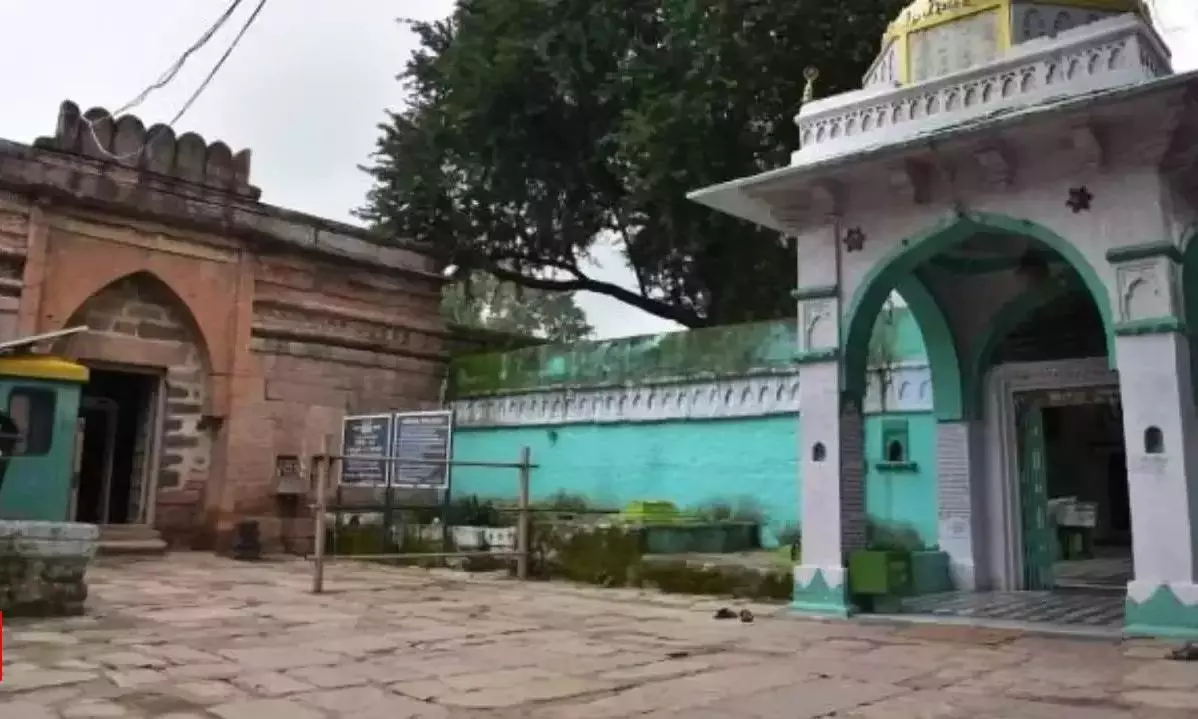
ASI begins survey of Kamal Maula Mosque to find Bhojshala Temple’s existence
text_fieldsYet another mosque in Madhya Pradesh has undergone a survey by the Archaeological Survey of India, with the High Court ordering to determine the nature of the Kamal Maula mosque in response to the Hindu group’s claim that the mosque was erected on the Bhojshala temple. The court order is another instance where the Places of Worship Act 1991 has been pushed to the corner.
The 11th-century structure, overseen by the ASI, has been a focal point of contention between Hindu and Muslim communities, with each asserting its religious significance. While Hindus revere the site as a temple dedicated to Vagdevi, or Saraswati, Muslims regard it as a mosque. A delicate arrangement, established in 2003, permits Hindus to conduct prayers on Tuesdays and Muslims to offer namaz on Fridays.
Gopal Sharma, coordinator of the Bhoj Festival Committee, revealed that initial investigations involved videography of marked areas within the site. However, controversy ensued as no authorized member of the Muslim community was present during the survey, according to Dhar town's head cleric, Waqar Sadiq.
The absence of Muslim representation raises concerns about transparency and inclusivity in the survey process. Abdul Samad, purportedly the mosque's representative, claimed to have received no prior notification from the ASI. Such oversights fuel apprehensions and underscore the need for collaborative efforts in resolving the dispute.
The second phase of the survey, scheduled for Saturday, holds the promise of a more inclusive approach, although tensions linger amidst accusations of historical erasure and religious appropriation. The High Court's directive emphasizes the need for a thorough, scientifically rigorous investigation employing modern techniques such as ground-penetrating radar and carbon dating.
The court has tasked a five-member expert committee with producing a comprehensive report within six weeks, encompassing the age, composition, and historical context of the structures within the complex. This mandate reflects a commitment to uncovering the truth while respecting the religious sentiments attached to the site.
The controversy surrounding the Bhojshala temple and Kamal Maula mosque complex is emblematic of broader debates over heritage preservation and religious identity in India. The Hindu Front for Justice's legal challenge to the ASI's 2003 arrangement underscores deep-seated grievances regarding the perceived neglect of Hindu heritage.























